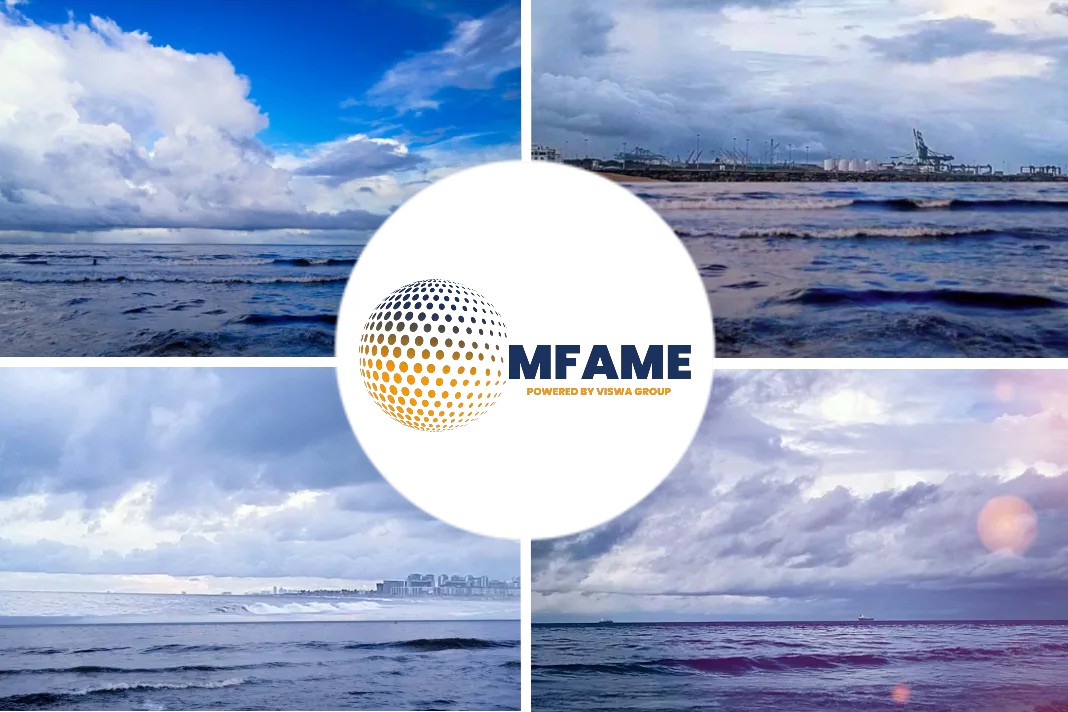 Tank containers were once the primary means for transporting liquid cargo across country that is until the invention of the flexitank.
Tank containers were once the primary means for transporting liquid cargo across country that is until the invention of the flexitank.
A flexitank is a solution for those organizations whose business involves bulk liquids such as edible oils, certain types of industrial oils, liquid latex, wines, juices, etc. It basically converts an ocean container to a healthier, safer and cost-effective alternative for shippers.
What is Flexitank?
A Flexitank is a bag made of PE, designed to fit inside a 20ft container and used for the transportation of non-hazardous bulk liquid products.
What cargo can be stored inside flexitanks?
In Flexitank it is possible to transport almost any non-hazardous liquids, both for industrial use and food application, such as food, edible and animal oils and fats, juices concentrates, juices, water, wine, malt, sorbitol, industrial oils, cleaning liquid etc.
What is the history behind Flexitank?
The Flexitank was developed by the U.S. military to store and transport water and diesel fuel in the 1960s. It is a bulk liquid storage unit, made of multiple layers of polyethylene, with an outer covering of woven polypropylene. As the technology get advanced, transportation of non-hazardous liquids by simply placing them in a standard dry container.
What is the capacity of Flexitank?
Flexitank can normally hold up to 24000 litres of a liquid in it. These tank can ship roughly 15 percent more than intermediate bulk containers.
How it’s work?
- New flexitank is placed carefully inside the container.
- The liquid that is to be is pumped into it by using a dedicated pump and hose.
- Once the tank is filled, it is sealed to stop it from moving inside the container.
- Now the container is ready to be shipped.
What is advantages of Flexitank?
- Transport more liquid in every container.
- Save money on loading and unloading.
- Reduce your cleaning costs and ‘go green’.
- Save money on bulk liquid packaging.
- Eliminate the risk of contamination.
Did you subscribe to our daily newsletter
It’s Free! Click here to subscribe!
Source: InterlogUSA















